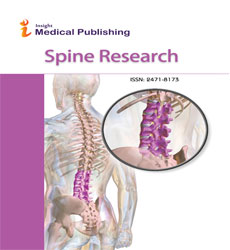Informed consent for patient data processing electronic health records
M M H Jayasekara
University of Sri Jayewardenepura
Received Date: 2022-01-08 | Accepted Date: 2022-01-16 | Published Date: 2022-01-29M M H Jayasekara
University of Sri Jayewardenepura
Received date: January 08, 2022; Accepted date: January 16, 2022; Published date: January 29, 2022
Abstract
57.89% out of 19 countries require patients’ informed consent to store patient data, 26.32% allow selective storageof patient data as defined by the patient, 89.47% require patients’ informed consent when sharing or transferring or
accessing patient data, 68.42% of the countries allow patients access their own EHR, 73.68% facilitatecorrection/modification in EHR, and 26.32% facilitate deletion of patient records. 89.47% of countries highlight mechanisms to assure privacy and security of EHR.Policymakers’ emphasis on various ethical concerns raised by EHRs has been increased highlighting patient rightsrelated to eHealth as well as the requirement for compliance to different standards and regulations. eHealth policies must address requiring patients’ informed consent in processing of patient data whereas patients have the ability to grant or withhold consent to different processing operations related to their EHR. Furthermore, facilitating patients with access to their own records, facilitating patients with modification, correction and deletion of EHR are widely discussed topics.
Open Access Journals
- Aquaculture & Veterinary Science
- Chemistry & Chemical Sciences
- Clinical Sciences
- Engineering
- General Science
- Genetics & Molecular Biology
- Health Care & Nursing
- Immunology & Microbiology
- Materials Science
- Mathematics & Physics
- Medical Sciences
- Neurology & Psychiatry
- Oncology & Cancer Science
- Pharmaceutical Sciences
